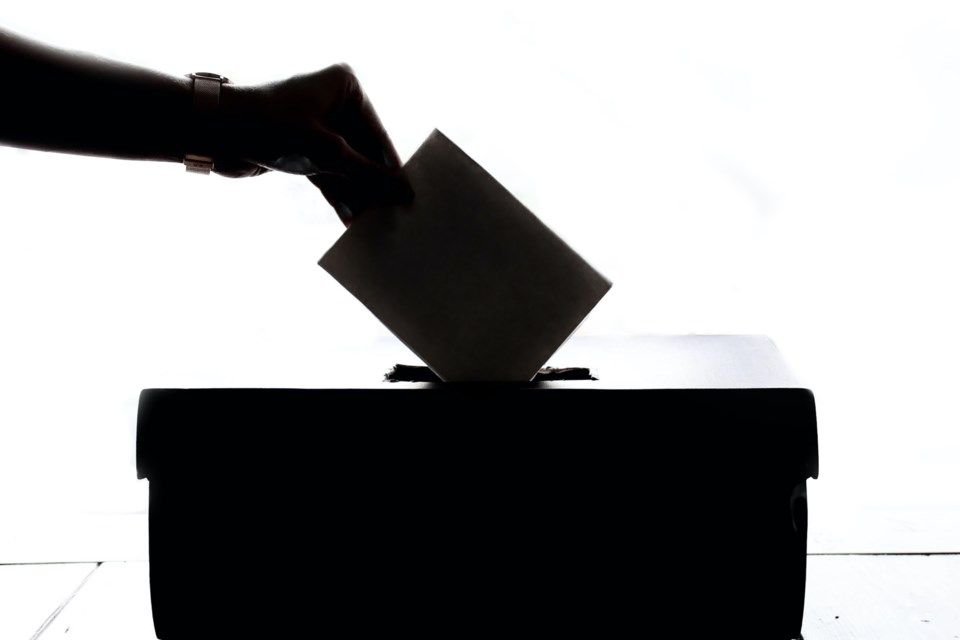For the first time ever, Thorold residents will be able to cast their votes online in the upcoming municipal and school board elections. But some residents are concerned about the safety of the online process.
The issue was recently raised by councillor Carmen DeRose at a city council meeting on August 2.
“I’m bringing this up because I’m getting calls from people,” DeRose told fellow councillors. “A lot are concerned about the compromisation of computers these days. People are concerned and they just want some answers.”
To carry out online voting during the 2022 election, Thorold has contracted Dominion Voting Systems, the same company that took care of the ballots and systems for the last municipal election. But this is the first time the company will be offering online voting to Thorold residents.
Dominion Voting Systems has taken care of voting in many elections across North America, including the 2020 U.S. presidential election.
In 2018, more than 50 municipalities in Ontario contracted Dominion Voting Systems to carry out their local elections—but on election night, the online voting system went down.
“[They] had a server outage for a prolonged period,” says Western University associate professor of software engineering, Aleksander Essex, in an interview with ThoroldToday. “A bunch of the cities had to use their emergency powers to extend the voting period. The whole thing was a result of them not doing adequate bandwidth testing.”
Essex's research deals focuses the cyber security of online elections. He says that as long as private companies, such as Dominion Voting Systems, are in charge of online voting, our democracy is in jeopardy.
“Right now, if a company was to behave fraudulently and declare a fake result, how would you find out?” says Essex. “We are trusting these companies to produce these results. Trusting a third party private company is not appropriate for an election result.”
Throughout his research, Essex has tried to find out how different online voting companies set up their systems. Most of them are tight-lipped.
“Online voting is a very secretive world and the companies will not participate in the cyber security research because they have nothing to gain and kind of everything to lose,” says Essex.
While it’s not uncommon for a company to protect its trade secrets, it’s a little more complicated when a democratic election is on the line.
“The company runs the website, they run the server, they produce the result,” says Essex. “That is reported to the public by the [city] clerk and that is reported to the clerk by the company. The vendor is running the online election so you have to trust that vendor to produce the right result.”
Another worry often stated in relation to online voting is the secrecy of the ballot.
To vote online, residents are sent voter ID and pin codes to their home addresses. That information allows them to log into the voting website. The process is supposed to be anonymous and safe, but Essex says that that is often not the case.
“We found evidence that your identity is re-identifiable,” he says. “There’s nothing fundamentally that we can see from stopping a company to having a way to recover your identity and your vote at the same time.”
Essex points out that in today’s world of online conspiracies and misinformation, there needs to be a verifiable way to ensure election results are correct.
“Sooner of later there’s going to be some disagreeable person who says: ‘Well, I didn’t lose,’” Essex says. “What are you going to show them? What do these cities do to convince these candidates that they really did lose? There has to be some pathway to deal with these losing candidates.”
Essex says that to preserve our democracy and the validity of election results, we need to rethink online voting.
“It’s not that we don’t trust the company, it’s not that we don’t trust the clerk, it’s not that we don’t trust everything in between,” he says. “It’s that it’s an election. We shouldn’t have to trust people. It should be a show-me, not a tell-me proposition.”
To deal with the concerns of local residents about the online voting process in Thorold, the city clerk is drafting up a report that will likely be presented at an upcoming City Council meeting.
For those who don't want to vote online, in-person voting will still be available on election day.



